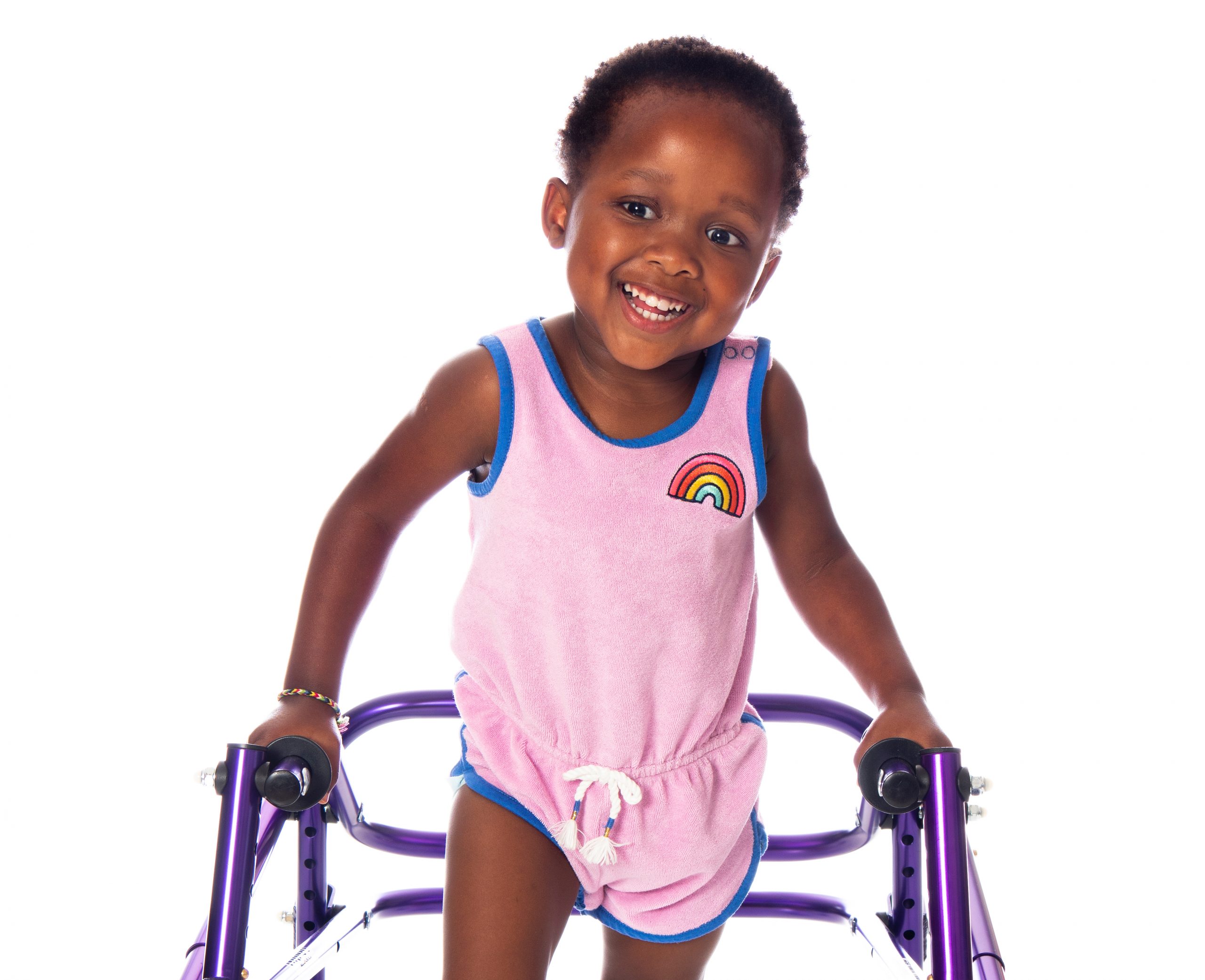Keeping the mouths of children with disabilities clean and healthy can be challenging, from brushing and flossing to finding a special needs pediatric dentist you trust.
Cerebral palsy makes dental health management particularly difficult.
Cerebral palsy (CP) is a group of disorders affecting the ability to move and maintain balance and posture. It is the most common childhood motor disability, affecting two to three of every 1,000 children in the U.S.
People with CP can have trouble holding a toothbrush, handling dental floss, chewing and swallowing, and more. All these problems contribute to poor oral health.
At Penn Dental Medicine (PDM), we are leaders in high-quality dental care for persons with disabilities—developmental, cognitive, and/or physical disabilities. Our dental team includes some of the most respected special needs dentists in Philadelphia and the surrounding region.
Read on for a brief overview of the challenges CP poses, and how to keep children with CP in good oral health.
How Does Cerebral Palsy Affect Teeth and the Mouth?

Cerebral palsy doesn’t cause unique oral health issues. But certain oral health problems are more prevalent among patients with CP, including:
- Periodontal (gum) disease
CP can make using a toothbrush, flossing, and rinsing harder. Patients often have trouble removing disease-causing plaque from their teeth.
- Tooth decay
The challenges CP poses can lead to tooth decay. Mouth breathing and food pouching—keeping food in the cheek pocket too long—also contribute. And some medicines contain sugar and reduce saliva, which the mouth needs to naturally wash and remineralize teeth.
- Malocclusion (bad bite)
Bad bites in patients with CP are usually part of larger musculoskeletal problems. In particular, open bites contribute to excessive drooling and are associated with tongue thrusting, which puts pressure on the front teeth. Also, protruding front teeth are more likely to be damaged in accidents.
- Dysphagia (difficulty swallowing)
Patients with dysphagia are at greater risk of choking, gagging, and aspirating (having food “go down the wrong pipe”). They may also pouch food, raising the risk of tooth decay.
- Bruxism
Involuntary teeth clenching and grinding are common among patients with CP, especially among children as they sleep. Bruxism wears away enamel and can lead to damaged teeth, headaches, and jaw disorders.
- Drooling
Low muscle tone in some forms of CP contributes to excessive drooling. While healthy mouths need saliva, too much can cause bad breath and interfere with daily care.
- Hyperactive bite and gag reflexes
Abnormally active bite and gag reflexes make brushing and flossing teeth difficult.
Beyond these directly mouth-related issues, patients with CP may experience significant gastrointestinal problems that affect dental health. For instance, both chronic vomiting and gastroesophageal reflux disease (GERD) expose teeth to enamel-weakening acids.
Additionally, visual impairments or mental impairments associated with CP can have an impact on home oral care, as can the extent to which patients depend upon caregivers.
How Can I Help My Child With Cerebral Palsy’s Teeth?
 Your child’s cerebral palsy may feel like a daunting obstacle to good oral health. But while getting and keeping their mouths clean takes effort, you and they can reach that goal.
Your child’s cerebral palsy may feel like a daunting obstacle to good oral health. But while getting and keeping their mouths clean takes effort, you and they can reach that goal.
Special needs pediatric dentists offer this advice:
- Brush and floss your child’s teeth for them (depending upon their CP’s severity) when you and your child aren’t tired or upset.
- Consider using an electric toothbrush, a floss holder, and a soft mouth prop (to keep the mouth open).
- Ask your special needs dentist to demonstrate the best standing or sitting positions for brushing and flossing your child’s teeth.
- If your child is unable to rinse and spit, you may be able to spray antibacterial mouthwash in their mouth or apply it to their gums with a toothbrush.
- After each meal or medicine dose, look in your child’s mouth for pouched or trapped food. Gently remove any by rinsing, sweeping the mouth with a gauze-wrapped finger, or using a disposable foam swab.
- Be aware of medications your child takes that reduce saliva or contain sugar. Request sugar-free medications when possible.
- If an emergency damages your child’s teeth, seek professional dental help immediately.
Find Trusted Philadelphia Special Needs Dentists at PDM
Beyond daily teeth and mouth cleaning, the most important way to help your child is to put them on a regular schedule of special needs dentistry visits.
Pediatric dental care providers can successfully treat most children with mild to moderate CP in a general practice setting. Skilled dentists like those at PDM can handle the apprehension children often feel about going to the dentist. Our patient-centered approach eases dental anxiety, including that felt by young people with disabilities.
Additionally, we use the latest, proven techniques for providing dental care to persons with disabilities.
Each PDM student dentist rotates through our Care Center for Persons with Disabilities, where PDM treats patients with special needs ages 14 or older. Those training to become special needs pediatric dentists bring skills and methods acquired in the Care Center back to our pediatrics department.
Whether treating children in general pediatrics or teens in the Care Center, our dentists provide a safe environment and do all they can to calm and support patients. For example:
- We can treat children in their wheelchairs if they can’t or don’t want to get out of it.
- We never forcibly restrain patients.
- We use nitrous oxide—a more conservative option than general anesthesia—to relax patients without making them sleep.
At PDM, your child with cerebral palsy will receive attentive, respectful, specialized care.
Contact us online now to schedule an appointment, or call us at 215-898-8965.

